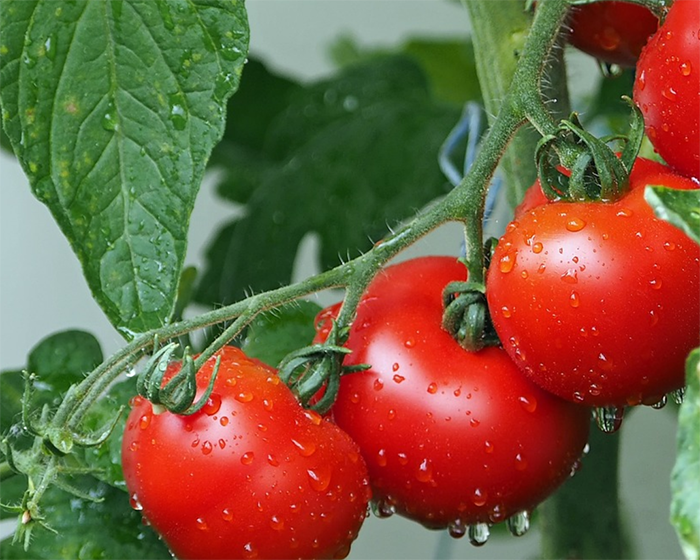Automatic filters can be more expensive than manual filters but require less maintenance.
Automatic filters can save you time and effort in the long run, but are they worth the investment? Read on to find out more.
Are you tired of constantly cleaning out your irrigation filters by hand? Consider upgrading to an automatic system. While they may be more expensive upfront, they can save you time and hassle in the long run. Here are some things to keep in mind when deciding between automatic and manual irrigation filters.
Automatic Filters: The Pros and Cons
Pros:
- Less Maintenance: Automatic irrigation filters require less maintenance than manual filters. Once they are installed, they can operate on their own without the need for regular cleaning.
- Consistent Water Flow: Automatic filters ensure that water flows consistently and evenly through your irrigation system, which can lead to healthier plants and more efficient water usage.
- Easy Installation: Many automatic filters are designed for easy installation, making it a quick and painless process to upgrade your system.
Cons:
- Higher Cost: Automatic filters can be more expensive than manual filters, particularly upfront. However, the savings in maintenance costs and improved efficiency over time can make up for the extra expense.
- Complexity: Automatic filters can be more complex to operate than manual filters. If you are not comfortable with technology or are not familiar with irrigation systems, you may need to hire a professional to install and maintain your automatic filter.
Manual Filters: The Pros and Cons
Pros:
- Lower Cost: Manual irrigation filters are generally less expensive than automatic filters, making them a more budget-friendly option.
- Simplicity: Manual filters are simple to operate and maintain, which can be a major advantage if you are not comfortable with technology or don’t want to spend a lot of time on maintenance.
Cons:
- More Maintenance: Manual filters require regular cleaning and maintenance to ensure they continue to function properly. This can be time-consuming and labor-intensive.
- Inconsistent Water Flow: Manual filters may not provide consistent water flow, which can lead to uneven watering and less efficient water usage.
FAQs
- Can I install an automatic irrigation filter myself?
It depends on your level of expertise. If you are familiar with irrigation systems and comfortable with technology, you may be able to install an automatic filter yourself. However, if you are not confident in your abilities, it may be best to hire a professional.
- Are automatic irrigation filters worth the extra cost?
It depends on your specific needs and budget. If you value your time and want a more efficient system, an automatic filter may be worth the investment. However, if you are on a tight budget or prefer a simpler system, a manual filter may be a better option.
- How often do I need to clean my manual irrigation filter?
It depends on how often you use your system and the quality of your water source. In general, you should aim to clean your filter at least once a month.
Conclusion
When it comes to irrigation filters, there is no one-size-fits-all solution. Ultimately, the decision between automatic and manual filters comes down to your specific needs and preferences. While automatic filters can be more expensive upfront, they require less maintenance and can lead to more efficient water usage over time. On the other hand, manual filters are more budget-friendly and simpler to operate but require more maintenance and may not provide consistent water flow. Consider your budget, level of expertise, and long-term goals before making your final decision.


